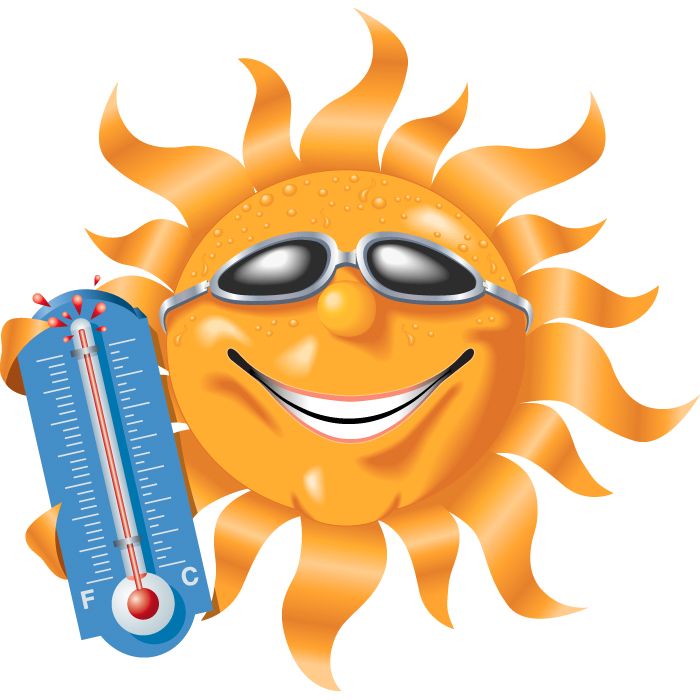
The first heat wave of the summer is to arrive today, according to Environment Canada, and linger for a while.
With that in mind, there is an extended heat warning in place for Chatham-Kent.
Daytime temperatures this week are expected to head into the low-30s, and they’re bringing extra humidity with them.
As well, nighttime temperatures are anticipated to remain in the low 20s.
Municipal centres and public libraries are open and offering respite from the heat to the public during business hours.
The heat warning could last into the weekend, officials said.
CK Public Health officials remind residents to be wary of heat-related illness. In high temperatures and humidity, your body may not be able to cool properly which can lead to heat exhaustion or even heat stroke.
Symptoms of heat-related illness may include: rapid breathing, dizziness or fainting, vomiting, rapid heartbeat, extreme thirst and decreased urination with unusually dark yellow urine.
If you have these symptoms, move to a shaded or air-conditioned area, drink plenty of fluids, and rest. Contact your health-care provider, a friend or a family member.
Heat stroke is considered a medical emergency. Call 911 immediately if you are caring for someone who has a high body temperature, is unconscious, confused or has stopped sweating. Friends, family and neighbours should check on those who may be vulnerable and subject to any symptoms of overheating and who may need help keeping cool or taking other preventative actions. Heat-related illness can affect the elderly, very young, people with chronic illnesses, and even healthy people if they participate in strenuous activities and do not take precautions.
During a prolonged heat event, indoor air temperatures in homes can reach dangerous levels, as higher temperatures overnight do not adequately cool off the home. People without air conditioning are at an increased risk of heat-related illness.
Ways to help prevent heat-related illness include drinking plenty of fluids, especially water; seeking cooler or air-conditioned spaces; wearing lightweight, loose fitting clothing; taking cool showers or baths, or use cool, wet towels on your face, neck or arms; avoiding strenuous activities between 10 a.m. and 4 p.m. when the sun is hottest.






